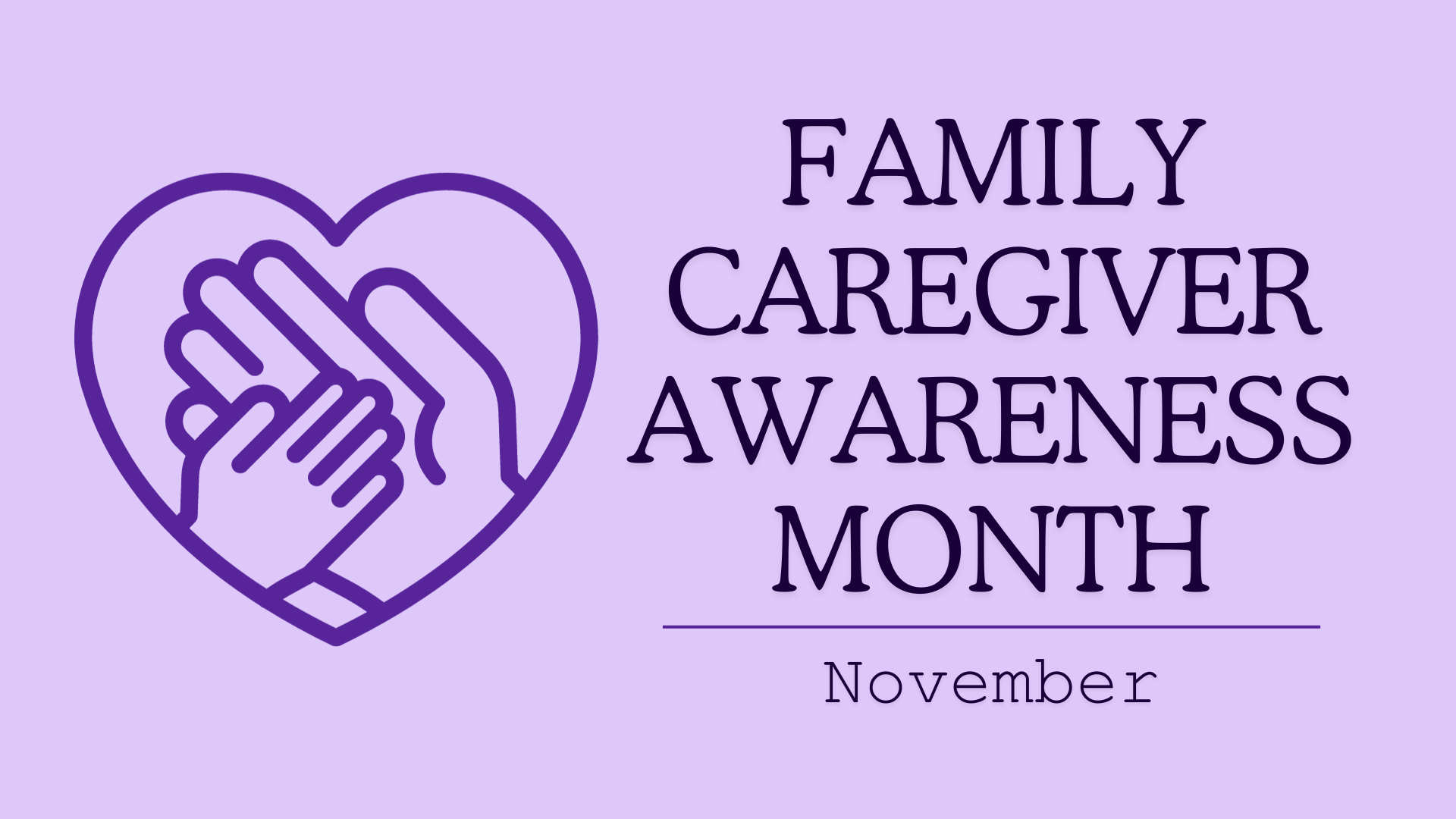Author Bios: Joanie Sjostrom and Kristina Hammond are both crime victim advocates with Lutheran Community Services Northwest. They work to assist and provide support to all victims of crime. Whether that be helping an individual navigate the criminal justice system or be there alongside them throughout their healing journey. Kristina primarily works with vulnerable adults and the later in life population and Joanie works mostly with children and their families.
As an agency that often works with vulnerable adults and later in life individuals who have been victimized, it’s important that we recognize the value of caregivers, the struggles they experience, and when caregiving turns abusive during Family Caregiver’s Awareness month. Advocates are here to help individuals and their caregivers plan for safety, discuss their options under Washington law, connect them with other community resources, and offer free and confidential support. Advocates are also here to help when suspected abuse at the hands of a caregiver is happening. Not all caregivers and caretaking situations are abusive and harmful, but it is important to be able to recognize the difference.
Like any job, caregiving comes with its own kind of stress. Caregivers have to be alert 24/7 and have a different type of awareness. Caregiver stress is normal and commonly experienced. However, the difference between a caregiver reacting out of stress versus abuse, is the regret factor. If one regrets their actions, it is much easier to correct that behavior and prevent it from happening in the future. Abuse comes from a place of power and control and is not easily stopped. Abusive caregivers may take advantage of their role, use coercion and threats, intimidate, emotionally abuse, economically abuse, minimize, blame, isolate and withhold necessities from the person in their care. In turn, the person on the receiving end may not know how or that they can reach out for help.
In order for caregivers to be the most successful, they need to take care of themselves. A big part of this self care is giving themselves grace. By being there and showing up for yourself, you are better able to do that for others and create a community around themselves and for the people that they care for. Doing advocacy work, we want to encourage and continue to support caregivers as they navigate new situations that involve safety concerns. Thank all of those who provide this invaluable service to those in the community, we see you and we appreciate you!


